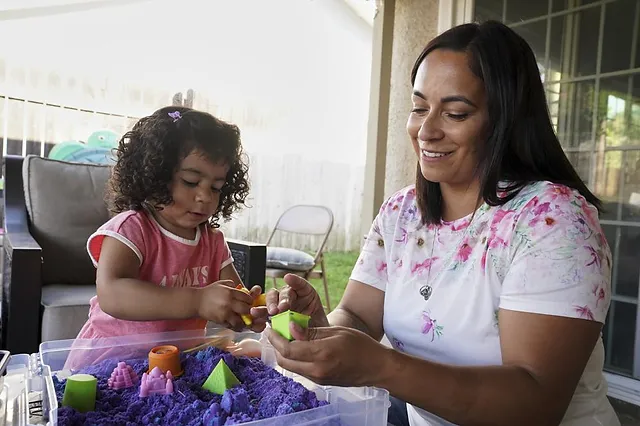Connecticut Babies to Receive $3,200 Baby Bonds Starting July 1
In an effort to address economic disparities among children, Connecticut has taken a crucial step by introducing a baby bond program. Starting July 1, babies covered by the state’s health care program, Husky, will receive a $3,200 investment in a CT Baby Bond trust.
The funds allocated to newborns will be accessible between the ages of 18 and 30, allowing participants to utilize them for various purposes such as purchasing a home, funding college education, starting a business, and more. The state treasurer’s office estimates that the investments could grow significantly, ranging between $11,000 and $24,000, depending on when participants choose to access the funds.
Traction Growing for Baby Bond Programs Nationwide
Connecticut’s initiative is part of a broader movement towards implementing baby bond programs across the United States. California and Washington, D.C. have already passed their own baby bond legislation, while legislation has also been introduced in Iowa, New Jersey, New York, Wisconsin, Washington, Delaware, Nevada, and Massachusetts. The growing momentum behind these programs demonstrates a recognition of the urgent need to address economic disparities and create a more inclusive society.
There is also traction on the federal level. In February, Senator Cory Booker and Rep. Ayana Pressley reintroduced the American Opportunity Accounts Act, which proposes a $1,000 bond for every American child at birth, with additional annual contributions of up to $2,000 based on family income. According to estimates, some of these accounts could reach up to $46,215 for some families by the time a child reaches 18. This program, dubbed “American Opportunity Accounts,” has the potential to make a substantial impact on reducing racial economic inequality.
Tackling Racial Economic Inequality
A key motivation for baby bonds is that they can reduce racial economic inequality and provide economically disadvantaged children with opportunities for a brighter future. According to a study conducted by the Federal Reserve Bank of St. Louis in 2019, the median white household wealth was $184,000, compared to $38,000 for Hispanic households and just $23,000 for Black households.
With baby bonds, Black and Hispanic youth from low-income families will be put on a more level playing field when they reach adulthood.
By providing every child with a financial foundation through baby bonds, regardless of their racial or socioeconomic background, we have the opportunity to break the cycle of generational poverty and give every child a fair chance. Baby bonds can empower disadvantaged individuals to pursue higher education, start businesses, and invest in their future, thus unlocking their full potential and contributing to a more equitable society.
